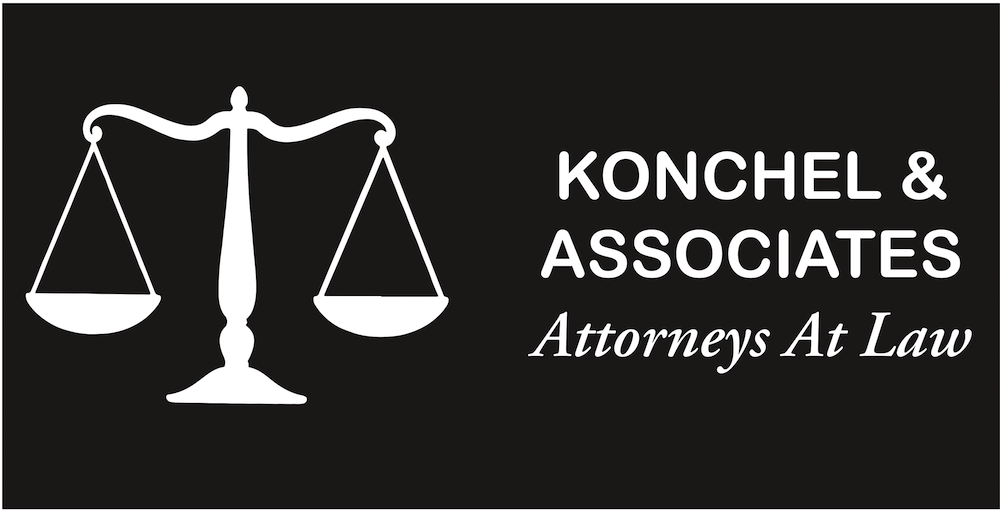Now that many business owners are starting to see Paycheck Protection Program (PPP) approvals and funds hit their bank accounts, you may be wondering how to ensure the loan is forgiven and what the tax consequences will be.
We’ve got some of your answers.
First of all, let’s talk taxes. Last week, some business owners were surprised to find out that payments for payroll, and other expenses paid using PPP money, will not be tax deductible. It actually makes sense, because the amount money that the PPP loan forgives is not included as taxable income. This way there is no double tax benefit.
Let me break that down for you a bit more, so it’s totally clear.
PPP is a loan, which is not taxed as income. So let’s say you received it and then had the loan forgiven. If the loan forgiveness was not taxed as income and the expenses you paid with it were deductible against your income, you’d be getting to use the PPP money tax free and not paying tax on income earned. In effect, not getting a deduction is the same as being taxed on income.
Perhaps the IRS ruling reflects a frequently used quote from the now deceased Martin Ginsburg, tax professor at Georgetown University Law Center and husband of Ruth Bader Ginsburg. In his tax classes, he said, “When you're dealing with tax laws, the pigs get fatter and the hogs get slaughtered,” meaning that, when it comes to taxes, maybe we should be grateful for what we get and not get greedy.
However, Congressional Leaders have already publicly disagreed with the IRS ruling, saying that it is not within the spirit and intent of the CARES Act. According to them, the act was meant to allow for deductions by PPP recipients, so we anticipate there will be more clarification coming down the road on this topic.
In the meantime, you certainly want to ensure that your PPP proceeds are forgivable. Presumably they would be, if you are using 75% or more of them on payroll and the remaining 25% or less on other allowable expenses like mortgage interest, rent, and utilities. However, there has not yet been guidance on what you will need to submit to prove loan proceeds were used as required for forgiveness.
If you want to be sure that your loan proceeds are forgivable, keep clear records of how you use the proceeds and plan to file all required tax forms for payroll purposes. Remember that you cannot use these funds to pay independent contractors, only to pay employees under a payroll plan, or pay yourself as the owner of the company.
We understand that these are the records you will need to submit to obtain forgiveness of your PPP proceeds:
If you have employees, you will submit Forms 941 and state quarterly wage unemployment insurance tax reporting forms or equivalent payroll processor records.
Evidence of business rent, business mortgage interest payments on real or personal property, or business utility payments for the covered period.
If you are receiving PPP as an owner, your Schedule C will be used to determine the amount of net profit allocated to the owner or the eight-week covered period.
If you need support clarifying any of this, contact us. We’re here to help.
We offer a complete spectrum of legal services for business owners and can help you make the wisest choices on how to deal with your business throughout life and in the event of your death. We also offer you a LIFT Your Life And Business Planning Session, which includes a review of all the legal, insurance, financial, and tax systems you need for your business. Schedule online today.
